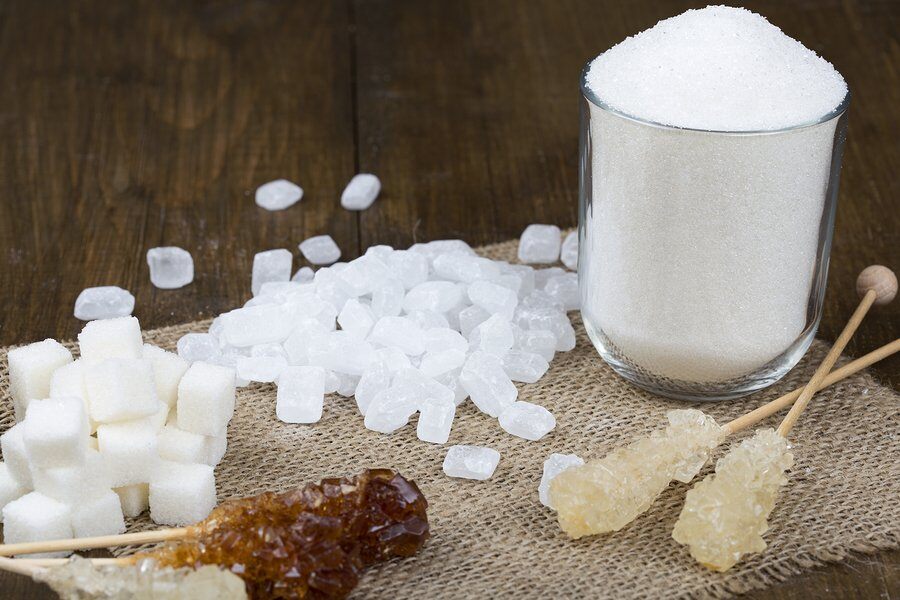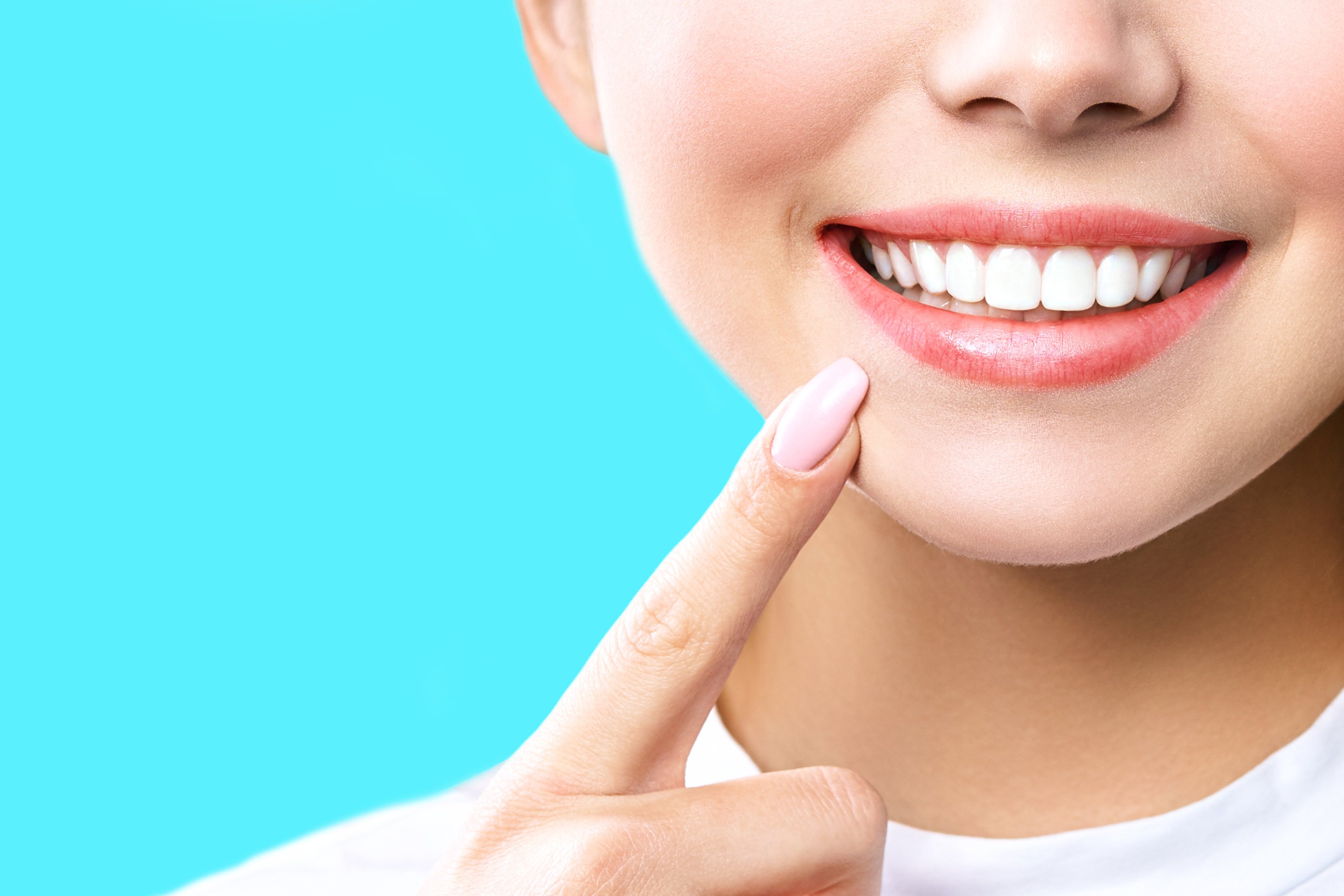Sugar Options Explained: Choose Wisely

Summarize with AI
Sugar has a bad reputation for expanding our waistlines and harming dental health. But how much of this is based in reality? Here's what you should know about teeth and sugar, along with some smart ways to help keep you out of the dentists' chair.
Does Sugar Cause Cavities?
To understand what sugar does to your teeth, you first need to understand how cavities form in the first place. While most people believe that sugar causes cavities, the reality is a bit more complex. Cavities are actually caused by acids that eat away at tooth enamel.
We all have bacteria living inside our mouths. When we eat foods, these bacteria consume whatever we don't swallow. They then excrete acid as waste, exposing our teeth to corrosion. As the acid demineralizes or decalcifies tooth enamel, the tooth begins to decay.
Why Is Sugar Bad for Your Teeth?
In essence, sugar is bad for your teeth because it gives bacteria a richer source of food, when compared to fruits, vegetables and meats. While these latter foods break down very little before entering the stomach, sugars break down quickly when exposed to your saliva. This allows oral bacteria to readily consume them and leave more acidic waste. Sugar can also negatively affect the pH balance in your mouth, giving destructive bacteria more opportunity to flourish.
With all that said, it's important to understand that sugar is not the only - or even the worst - cavity-causing culprit. One of the worst cavity-causing foods is crackers, which are basically fermentable carbohydrates that are easily broken down in the mouth and prone to getting stuck between teeth.
Minimizing the Risk of Sugar
While it's generally best to avoid sugar as much as possible, you probably don’t want to avoid it entirely. Fortunately, there are some things you can do to reduce the destructive impact sugar can have on your teeth. These include:
Remineralize.
Optimize remineralization by maintaining a healthy pH in your mouth and avoiding dry mouth. You can also promote remineralization by getting plenty of calcium, vitamin D and by using fluoride.
See your orthodontist.
Since they are less crowded and have fewer nooks and crannies, straight teeth are much less likely to get cavities.
Don't snack.
It's a good idea to limit eating to mealtime to keep from giving oral bacteria a steady source of food all day. This also means avoiding hard candies, sugar-sweetened gum, sodas, fruit juices and sweetened coffee, which can all expose your teeth to a consistent stream of acid.
Choose cheese for dessert.
Cheese can actually help promote remineralization and prevent cavities by improving oral pH.
Chew gum sweetened with xylitol.
Some research suggests that xylitol could help ward off cavities by increasing saliva and reducing oral bacteria. Whatever the case, since it contains no sugar, xylitol-sweetened gum is a great alternative to traditional sugar-sweetened chewing gum.
Swish with water.
You can eliminate excess sugar and acid from your mouth by rinsing with clean tap water after eating. This is especially important after consuming crackers, breads, sticky sweets and sodas. You should also consider rinsing with water after drinking wine, beer or coffee, since these beverages contain acids and tannins, which can erode enamel and cause stains.
Eat sugar, instead of drinking it.
If you are trying to limit your sugar intake, you can get a lot more mileage by eating instead of drinking. Sodas and specialty Starbucks drinks can contain more sugar than a large piece of frosted cake. That's very significant, when you consider how long it takes to chew and swallow food, as opposed to pouring liquid down your gullet.
Wait to brush.
After a sugary snack, you may feel compelled to rush into the bathroom and quickly brush your teeth. While your intentions may be good, the results can be problematic. When we brush too soon after consuming sugary or acidic foods, we can inadvertently damage our teeth by etching the enamel. Instead of brushing immediately after your meal, wait about thirty minutes to give your saliva an opportunity to rinse away any problematic substances.
.png)

